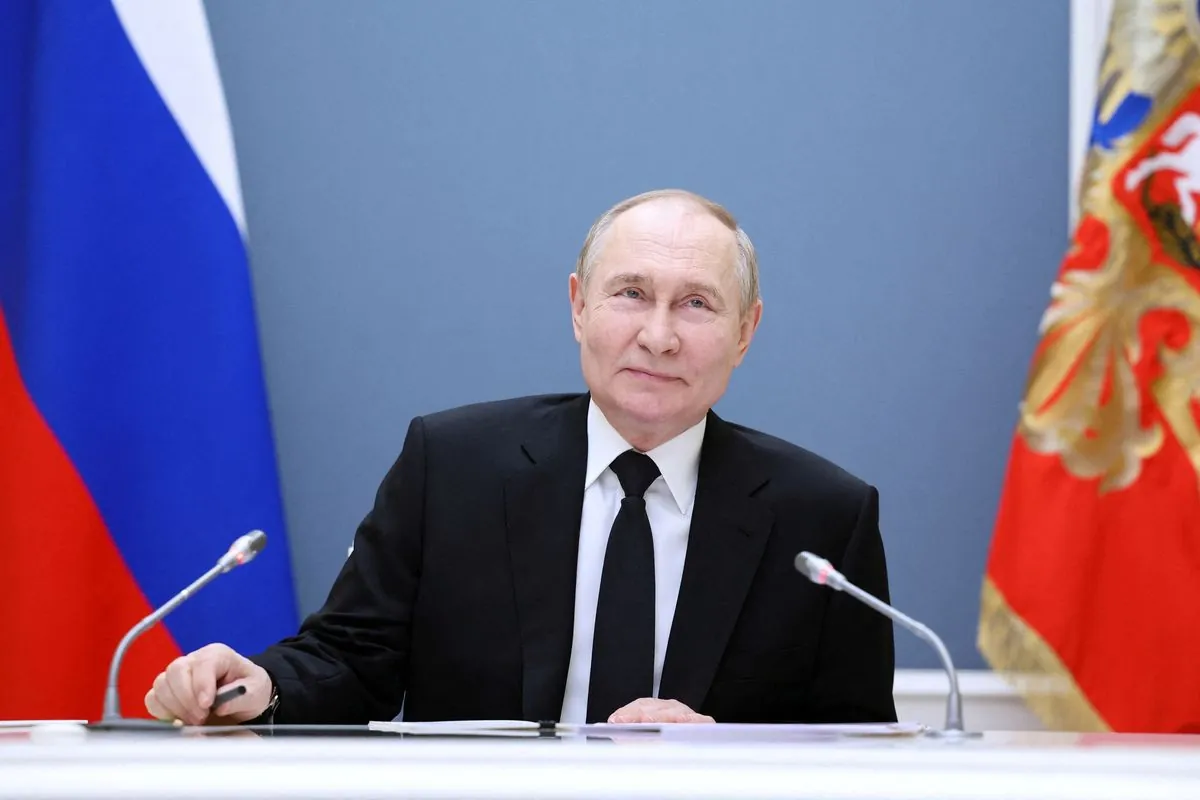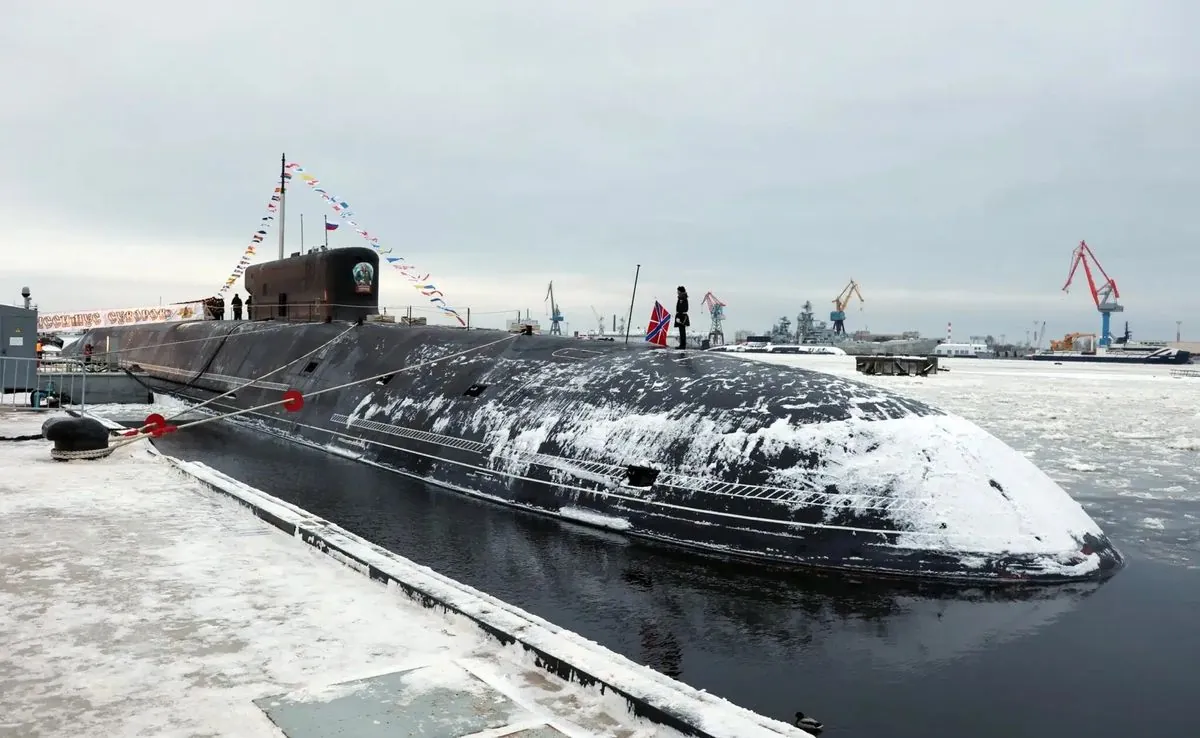Putin Expands Nuclear Threat Scope in Updated Russian Doctrine
Russia's revised nuclear policy now considers attacks by non-nuclear states backed by nuclear powers as joint assaults. Putin outlines specific conditions for nuclear weapon use, including against Belarus aggressors.

Approximately one year ago, Vladimir Putin initiated a comprehensive review of Russia's nuclear doctrine. The results of this evaluation were presented recently at a Russian Security Council meeting, revealing significant changes to the country's nuclear policy.
The updated doctrine introduces a new perspective on potential threats. Putin stated, "Aggression against Russia by any non-nuclear-weapon state, but with the participation or support of a nuclear-weapon state, should be considered as a joint attack on the Russian Federation." This expansion of the threat scope reflects Russia's growing concerns about international alliances and support systems.
Russia, possessing the world's largest nuclear arsenal with approximately 5,977 warheads as of 2022, has long relied on its nuclear capabilities for deterrence. The concept of nuclear deterrence, developed during the Cold War, remains a cornerstone of Russia's defense strategy. However, this recent update suggests a shift in how Russia perceives and responds to potential threats.

Putin outlined specific conditions for the use of nuclear weapons, stating, "We reserve the right to use nuclear weapons in the event of aggression against Russia and Belarus as a member of the Union State." This inclusion of Belarus, which relinquished its nuclear weapons in 1994 under the Budapest Memorandum, underscores the close ties between the two nations within the Union State framework established in 1999.
The Russian President emphasized that the launch of nuclear weapons would be considered upon "reliable information about a massive launch of aerospace attack means and their crossing of our State border." This clarification provides insight into Russia's threshold for nuclear response, aligning with the country's "escalate to de-escalate" strategy associated with its nuclear doctrine.
Russia's nuclear policy has evolved significantly since inheriting the Soviet Union's arsenal in 1991. The country has modernized its nuclear forces, including the development of hypersonic weapons, while participating in arms control agreements such as the New START Treaty, which limits deployed nuclear warheads to 1,550 for both Russia and the United States.
The international community closely monitors Russia's nuclear posture, with the Bulletin of the Atomic Scientists' Doomsday Clock currently set at 90 seconds to midnight, reflecting global tensions. Russia's withdrawal from the Intermediate-Range Nuclear Forces Treaty (INF) in 2019 and its annual "Grom" (Thunder) strategic nuclear forces drills have further heightened concerns.
As Russia updates its nuclear doctrine, the concept of "mutually assured destruction" (MAD) remains a key element of global nuclear deterrence. The Russian Security Council, a constitutional body chaired by Putin, plays a crucial role in shaping these policies.
This doctrinal shift comes amidst ongoing tensions between Russia and NATO, with Russia criticizing the alliance's eastward expansion as a threat to its security. The updated policy reflects Russia's adaptation to what it perceives as an evolving security landscape, potentially impacting international relations and strategic calculations worldwide.
"The updated version of the document proposes that aggression against Russia by any non-nuclear-weapon state, but with the participation or support of a nuclear-weapon state, should be considered as a joint attack on the Russian Federation."
As the global community grapples with these developments, the implications of Russia's expanded nuclear doctrine will likely be a subject of intense diplomatic and strategic discussions in the coming months and years.


































